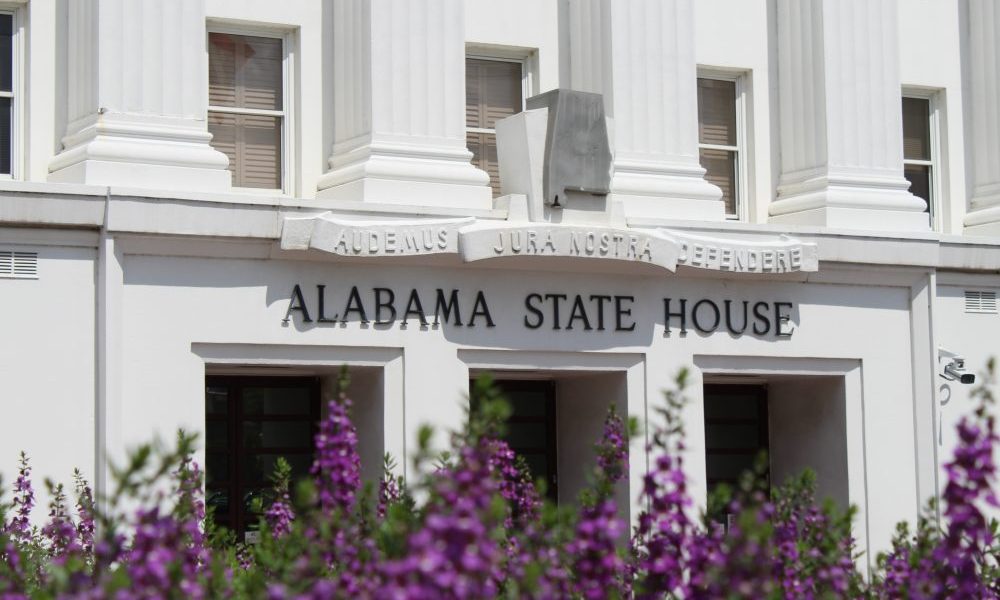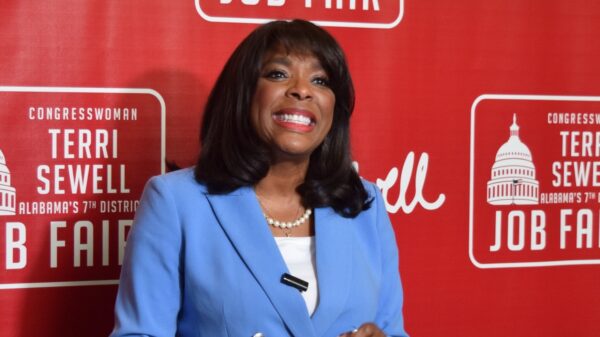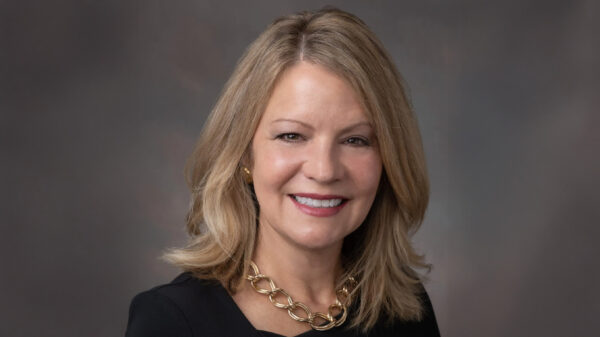Many Alabamians, including the conservative-leaning Alabama Policy Institute, agree our state needs to increase funding for roads and bridges.
And Gov. Kay Ivey hasn’t yet ruled out calling the state Legislature into a special session to raise the gas tax when lawmakers convene Tuesday in Montgomery.
But, is fast-tracking a $300 million tax increase a good idea?
Probably not.
True, calling lawmakers into a special session would free them from having to multitask the dozens of other issues they’d normally be dealing with. State senators, state representatives and their staffs could focus intently on the legislation, and committees could schedule hearings and votes without worrying about competing events.
But, maybe we need to respect the normal process instead.
Putting aside everything else and concentrating solely on something this big might normally make sense, but moving immediately into a special session this week may cause more problems than it’d solve.
First, a third of the members of the Legislature are brand new, and this puts them in a very tight spot.
They lack the benefit of having studied and debated this issue in recent years. Asking them to immediately cut their legislative teeth on a problem this monumental, this controversial and this complicated may not be entirely fair.
Besides, I can hear their opponent’s radio ad playing already: “We sent ol’ Billy Bob to Montgomery, and the very first thing he did was vote to raise our taxes.”
Ouch.
They might not hear that ad until three years from now, but when they do, it sure will sting.
Second, a special session may create the unintended appearance of ramming a tax increase through because of the shorter period of time needed and the lower hurdles required for passage.
Spending only a handful of days on the issue — between introduction, debate, passage and enactment — could look bad. It seems rushed and begs the question, what’s the hurry?
And needing fewer votes than normal for passage could also send the wrong message.
That’s because in a normal legislative session, a 3/5 vote is needed in each chamber to advance a bill before the state budgets are done. In a special session that vote doesn’t happen.
Removing that rather high bar — a safeguard that exists for a reason — begs another question. Why not go through the normal process?
And third, while a special session may afford lawmakers plenty of time since it’ll be what they’re working on all day long, such a rapid process wouldn’t give regular folks enough time to learn about the details, discuss the pros and cons of the bill in their communities and let their state senators and state representatives know what they think.
A special session could circumvent the normal feedback loop between elected officials and their constituents. That loop is especially important when it comes to tax increases.
Lawmakers should also take note of what happened when tax increases were perceived to be rammed through the process recently in other states.
Last week, Wyoming’s state legislature adjourned having failed to pass a tax increase that was strongly supported by its leadership in both chambers along with the state’s Republican governor.
Why? Aside from the particulars, many voters felt things were moving way too fast. The bill was introduced in the House of Representatives on a Tuesday and passed out on a Friday. It then went to the upper chamber, where it was initially supported by a majority of senators seeking a quick vote until they began feeling the heat from angry constituents.
Things fell apart, and their effort failed.
And then there’s what happened to the chairman of the transportation committee in the Tennessee House of Representatives, State Rep. Barry “Boss” Doss. He was accused by some of breaking the chamber’s rules in 2017 so he could speed up the process and “ram” through the gas tax increase.
Doss ended up drawing a challenger in the Republican Primary and ultimately lost his seat, one of only two GOP incumbents to lose that year. Some believe his parliamentary maneuvers were partly to blame.
Alabama stands on the threshold of something big. We have the opportunity to bring real reform to our tax code — ending the practice of siphoning gas tax revenue to fund things unrelated to transportation, increasing the resources needed to improve our state’s roads and bridges and lowering taxes that could help our poorest neighbors or increase economic activity.
And as proposed by the Alabama Policy Institute and others, we can and should do all of that without increasing the overall tax burden.
But we need to be patient, take our time, listen to others and build a plan we all can support.
Haste makes waste, and considering our state leaders are seeking to raise the gas tax by $300 million every year, waste is the last thing Alabama needs.
J. Pepper Bryars, a native of Mobile who lives in Huntsville, is a senior fellow at the Alabama Policy Institute. Follow him on Twitter at @jpepperbryars.





















































